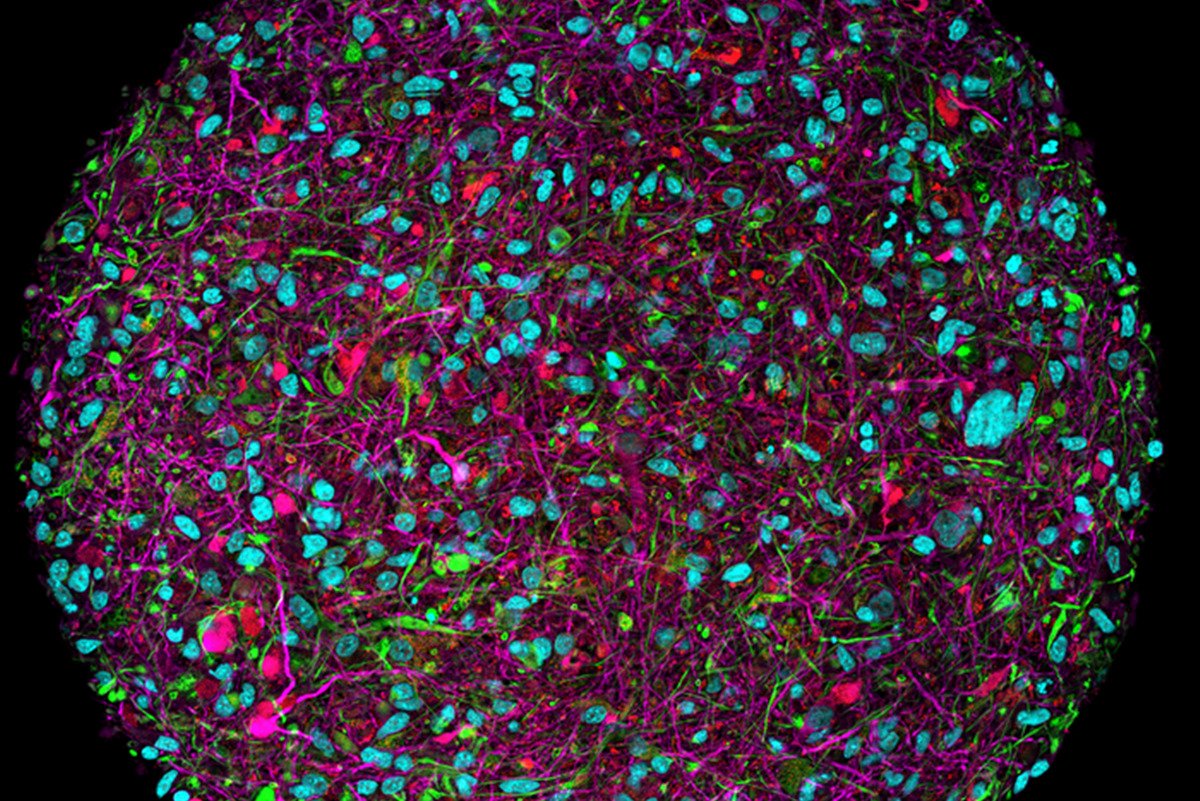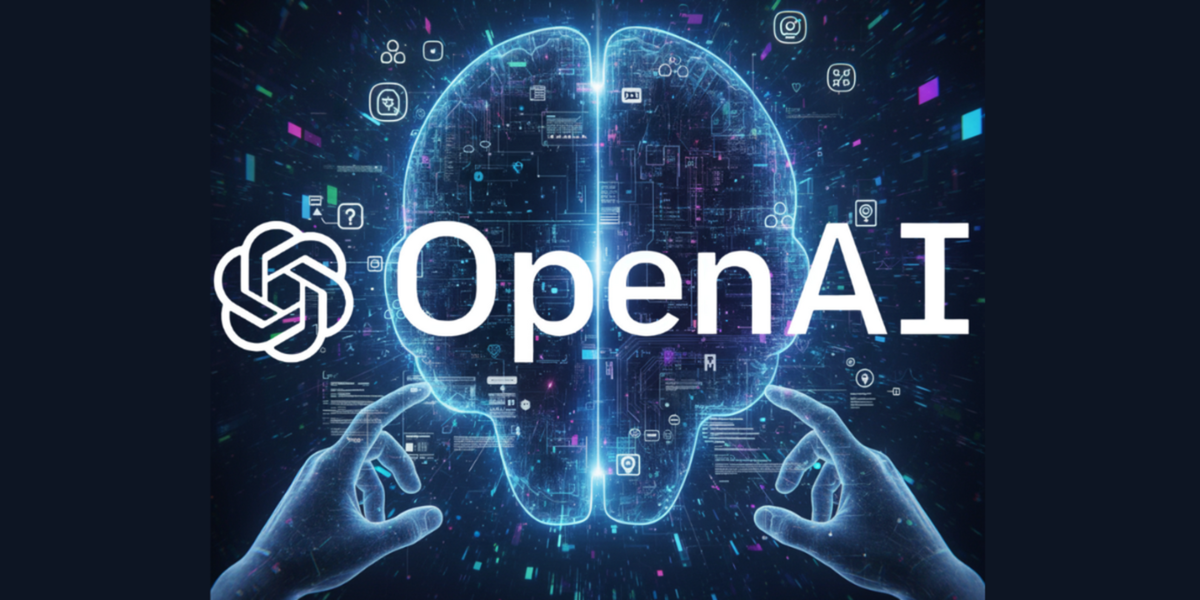For those who think artificial intelligence (AI) will be a definitive advance in computing, another tool is emerging: IO or organoid intelligence. The new field of study, proposed by scientists from different disciplines, aims to use human mini-brains created in the laboratory as a kind of “biological hardware” in the assembly of biocomputers.
Users of current chatbots are well aware that the success of this artificial intelligence depends on how close it is to the functioning of the human brain. And as it gets closer, the original model continues to outperform the most advanced software on the market.
The scientists theorize that the way forward might not be to make AI look like a human brain, but to use the power of neurons as a form of biological computation. The scenario for this new field of discipline, published July 27 in the journal Frontiers in Sciencepresents a collaborative research program using organoids.
Why would organoids make good computers?
Organoids are small clusters of stem cells grown in the lab. While they are not technically “mini-brains,” they do share features of the function and structure of a human brain, such as neurons and some cells that specialize in cognitive skills such as learning and memory.
Regarding the reason for choosing brain organoids to equip future biocomputers, John Hartung, a professor at Johns Hopkins University, the study’s senior author, said in a statement: “While silicon-based computers are definitely better with numbers, brains are better at learning.”
How will organoid biocomputers be built?
According to Hartung, “Brains have an incredible information storage capacity, estimated at 2,500 terabytes.” As silicon computers reach their physical limits, the professor says, the human brain is connected by “about 100 billion neurons interconnected by more than 1,015 junctions.”
The researchers are adapting bioengineering and machine learning tools to activate and record neural activity in brain organoids to make it possible to build the organoid biocomputers they have planned. The idea is that they start sending and receiving information in addition to combining, creating neural networks that can solve more complex computations.
But the technology that builds biocomputers that are still in their embryonic stages will soon face an ethical question: what is consciousness? Will organoids be able to evolve it?
Source: Tec Mundo
I’m Blaine Morgan, an experienced journalist and writer with over 8 years of experience in the tech industry. My expertise lies in writing about technology news and trends, covering everything from cutting-edge gadgets to emerging software developments. I’ve written for several leading publications including Gadget Onus where I am an author.













